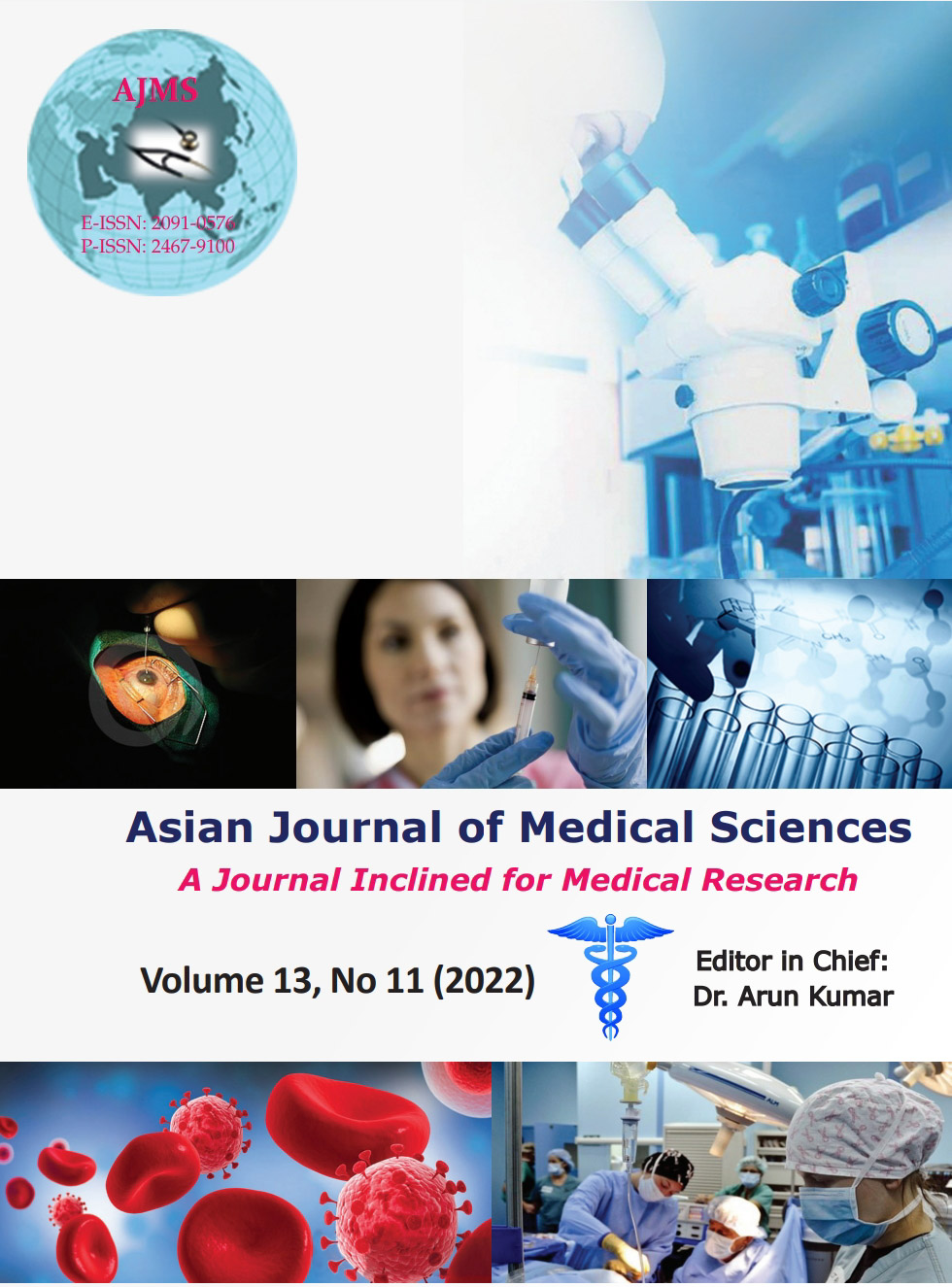Quality of life of Indian head and neck cancer patients before and after treatment: A prospective study from a tertiary cancer center
Keywords:
Quality of life; Head and neck cancer; RadiotherapyAbstract
Background: Health-related quality of life (HRQoL) is defined as a specific subset of QoL, assessing symptoms, psychological aspects, and function. It is very important for healthcare professionals to recognize the issue-related to the QoL of head and neck cancer patients.
Aims and Objectives: This study intended to measure different domains of QoL in head and neck cancer patients before and at the time of radiotherapy (RT) treatment completion, 3 and 6 months after treatment completion, and to discover the relationship between the type of treatment and QoL.
Materials and Methods: An assessment of pre- and post-RT QoL of sixty head and neck cancer patients was done at our RT department, using the European Organization for Research and treatment of cancer QoL questionnaire head and neck cancer module (EORTC QLQ H&N 35).
Results: Statistically significant differences were observed compared to baseline (P < 0.001) at the completion of radiotherapy in pain, swallowing, speech, cough, dry mouth, mouth opening, and senses scale and at 3.6 months of follow-up, while the HNSS (sticky saliva) scale showed statistically insignificant result at Zero (0) months (at the time of completion of radiation).
Conclusion: The results of our study showed that QoL in head and neck carcinoma patients is affected in various functional and symptoms-related domains and their overall health and QoL perceived were not very satisfactory. These post-treatment-related complications were not preventable and should be talked about with the patients before starting RT.
Downloads
Downloads
Published
How to Cite
Issue
Section
License
Copyright (c) 2022 Asian Journal of Medical Sciences

This work is licensed under a Creative Commons Attribution-NonCommercial 4.0 International License.
Authors who publish with this journal agree to the following terms:
- The journal holds copyright and publishes the work under a Creative Commons CC-BY-NC license that permits use, distribution and reprduction in any medium, provided the original work is properly cited and is not used for commercial purposes. The journal should be recognised as the original publisher of this work.
- Authors are able to enter into separate, additional contractual arrangements for the non-exclusive distribution of the journal's published version of the work (e.g., post it to an institutional repository or publish it in a book), with an acknowledgement of its initial publication in this journal.
- Authors are permitted and encouraged to post their work online (e.g., in institutional repositories or on their website) prior to and during the submission process, as it can lead to productive exchanges, as well as earlier and greater citation of published work (See The Effect of Open Access).




